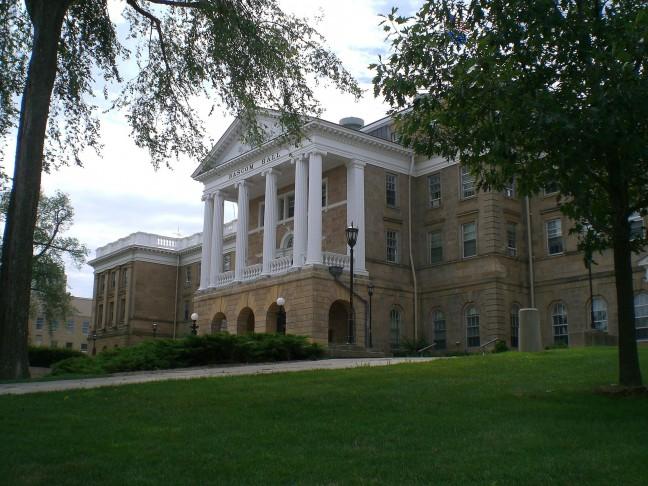University of Wisconsin on average takes just over three weeks to respond to open records requests, according to the Wisconsin State Journal — this is longer than many UW system schools.
The Wisconsin State Journal asked UW campuses and the UW system for public record logs and analyzed them to find the average time it took each school to complete the request over a three year period. While UW-Madison took 22 days on average, it also received a larger number of requests — Madison had over 1,000 requests while most other schools had less than 100 during the three-year time frame.
Wisconsin Freedom of Information Council Chair Bill Leuders said there is not a “normal” response time for public records, however the public has a right to the records so it is the duty of the university to complete requests in a timely manner.
“My belief is that all agencies should strive to be quicker than they are,” Leuders said. “Agencies [can] focus on response times once they track them and set a goal of doing better.”
Leuders said if a campus’s response times are longer due to short staffing, he believes it is their duty to hire more staff to help shorten the time it takes to fill a request.
UW-Madison Public Records Custodian Lisa Hull said in an email to The Badger Herald that Assistant Public Records Custodian Elizabeth Wilkerson was hired in fall 2018. Since then, Hull said the time it takes to respond to one of the over 500 requests received per year shortened.
“Our goal is to process every request the university receives as soon as is practicable, and without delay, as we are required to do by the Wisconsin Public Records Law,” Hull said.
A wide range of material falls under public record according to Hull. Some of the most common requests are for information on purchasing contracts, athletic coach contracts, investigative reports related to employee complaints and research project records, Hull said.
If the request is for records asked for and accessed recently, Hull said they are able to respond to the request within a day in most cases. But, more commonly the requests the custodians receive are unique.
More complicated requests, for example, emails, can involve records that span a long time frame and fall under various categories, Hull said. Often requests need to go through a long redaction and approval process that can include deans, directors, communications or university legal counsel, depending on the particular request.
“For every request we process, there are still 40-50 in queue waiting to be processed,” Hull said. “If you multiply that process by the number of requests we receive, usually around 10-12 new requests each week, you can see why it can take weeks or longer to process requests.”
The university has a far-reaching impact and how easy it is for a person to obtain public information plays a role in the larger mission the university performs, Leuders said.
Leuders said by providing information from open records, the public is able to give feedback and help the university serve the community better. In this way, Leuders said it is within the university’s best interest to respond to requests promptly.
“Maybe sometimes [the feedback] will be critical,” Leuders said. “Maybe someone in news finds something’s going on where there needs to be improvement. And other times, just having access to information is going to empower people to contribute to the decision making process.”
The university aims to be as transparent as possible with records, Hull said, however, there are cases in which the university is unable to release specific information requested. In cases where investigation reports are requested, many times the university cannot release records without violating federal privacy laws like the Family Education Rights and Privacy Act.
Additionally, Hull said when research records are requested, they are sometimes unable to provide information at that time because it could jeopardize a faculty member’s research. Despite these restrictions, efficiency and transparency are still a goal when responding to records requests.
“Given the number of requests we receive, the time it takes to process each one, and the workloads of other individuals and offices who need to be involved in the response process, we do process requests as quickly as we can, while reviewing all records very carefully before release,” Hull said.


